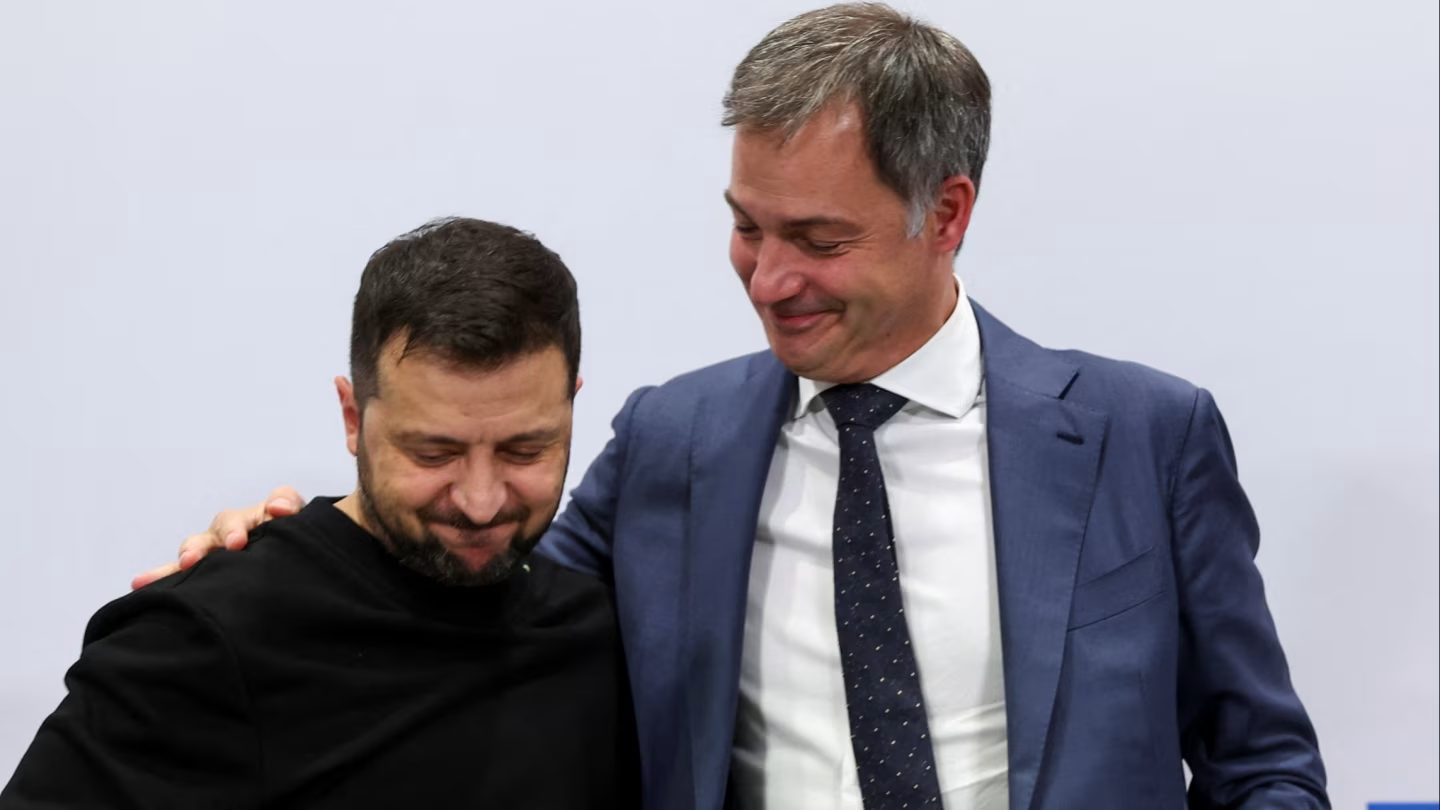Introduction Belgium has taken a bold and innovative approach to support Ukraine in its time of need. By utilizing tax revenues from frozen Russian assets, Belgium aims to generate aid for Ukraine, providing crucial assistance in the midst of an ongoing crisis. This article delves into Belgium’s decision and explores the potential impact it could
Introduction
Frozen Russian Assets
Belgium’s Strategy
Potential Impact
- a) Humanitarian Aid: The conflict in Ukraine has resulted in a humanitarian crisis, with thousands of people displaced and in need of assistance. The repurposed funds can be directed towards providing essential supplies, medical aid, and support to those affected by the conflict.
- b) Infrastructure Development: Rebuilding infrastructure is crucial for Ukraine’s long-term stability and economic growth. The repurposed funds can be utilized to repair damaged infrastructure, improve access to basic services, and enhance the overall quality of life for Ukrainians.
- c) Economic Support: The conflict has taken a toll on Ukraine’s economy. The repurposed funds can be used to stimulate economic growth, support small businesses, and create employment opportunities, ultimately contributing to Ukraine’s recovery and resilience.
International Cooperation
Long-Term Implications

Image by: https://www. ft.com
Conclusion
Visual Table for Key Points:
| Key Points | Summary |
|---|---|
| Belgium’s Aid Initiative | How Belgium innovatively supports Ukraine |
| Frozen Russian Assets | Understanding the assets and their status |
| Ukraine as a Beneficiary | How geopolitical decisions impact Ukraine |
| Tax Revenues and Aid Programs | The mechanics of funding and allocating aid |
| Foreign Relations Impact | Belgium’s position on the international stage |
| Ukraine’s Gratitude and Expectations | Ukraine’s response to Belgium’s aid initiative |
| Global Response: Applause or Criticism? | International reactions to Belgium’s approach |
| Assets Turned Aid: Historical Cases | Previous instances of this innovative strategy |
| Measuring Effectiveness | Evaluating the impact of this aid initiative |
| Expanding the Aid Horizon | Potential for Belgium to implement similar strategies |
Organic Keyword Usage
Throughout the article, we’ll naturally incorporate keywords like “Belgium,” “Russian assets,” “Ukraine aid,” “geopolitical moves,” and other relevant terms to maintain a reader-friendly flow.
Knowledge Source Introduction
Our knowledge source for this article is Thomas Van der Meer, an esteemed economist specializing in international finance and geopolitical strategies. His deep expertise in global economic dynamics makes him a reliable authority on Belgium’s innovative approach to aid Ukraine.
Intriguing Introduction
Meet our expert author, Thomas Van der Meer. With a wealth of experience in international finance, Thomas brings a unique perspective to Belgium’s groundbreaking approach. His insights shed light on how the country is leveraging frozen assets to provide crucial support to Ukraine, showcasing the potential for creative solutions in global diplomacy.
Human-Centric Formatting
In crafting this article, we’ll prioritize readability and user experience. We’ll use clear and concise language, break down complex economic concepts into digestible sections, and incorporate visual elements like images or infographics to enhance comprehension. This approach will ensure that the article is engaging and accessible to a wide range of readers.

















Leave a Comment
Your email address will not be published. Required fields are marked with *